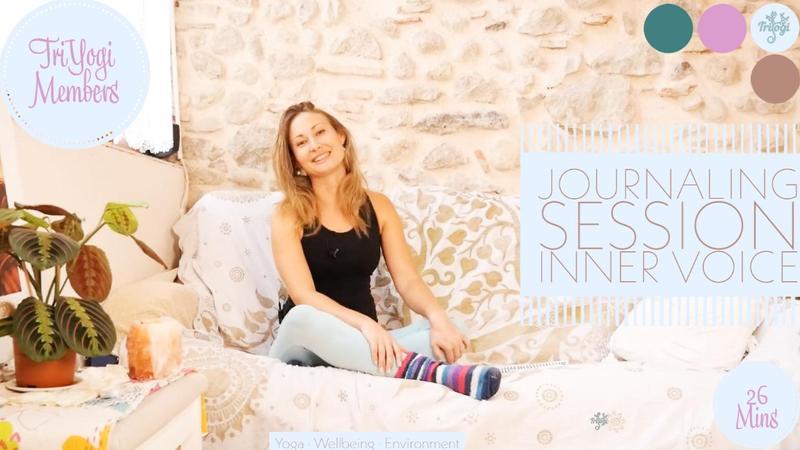Seasonal Soul Journal Sessions
These sessions provide a healing space to check in with yourself, reflect, celebrate and grow. They will be bespoke to you and often focused on specific seasonal topics to truly enhance your experience of life in this moment.
Many of my students tell me they love the journaling but just don't know where to start with it alone. Here's your opportunity to have a guided journaling session to access that wild soul and ask the more important questions in life.
Journaling is a grounding practice that helps keep you aligned, loving yourself, and achieving your goals. There is such a deep satisfaction in seeing how far you have come, how much you have grown, how aligned is your journey, and the messages the universe constantly shares with you as hints and helps along the way.
Seasonal Soul Journal Sessions doesn’t have reviews yet.
Click the button below to leave the first one!
About Rebecca Neusinger Certified yoga facilitator, massage therapist, aerialist, blogger, energy worker. Anthropology degree informs my understanding of people and drive for positive change. Inspiring self-worth, self-compassion and deep inner-strength.First we find love and contentment inside, then offer our light and talents as meaningful contributions toward a balanced, positive and inclusive future. |
Rebecca Neusinger doesn’t have reviews yet.
Click the button below to leave the first one!
Be the first to post a message!
